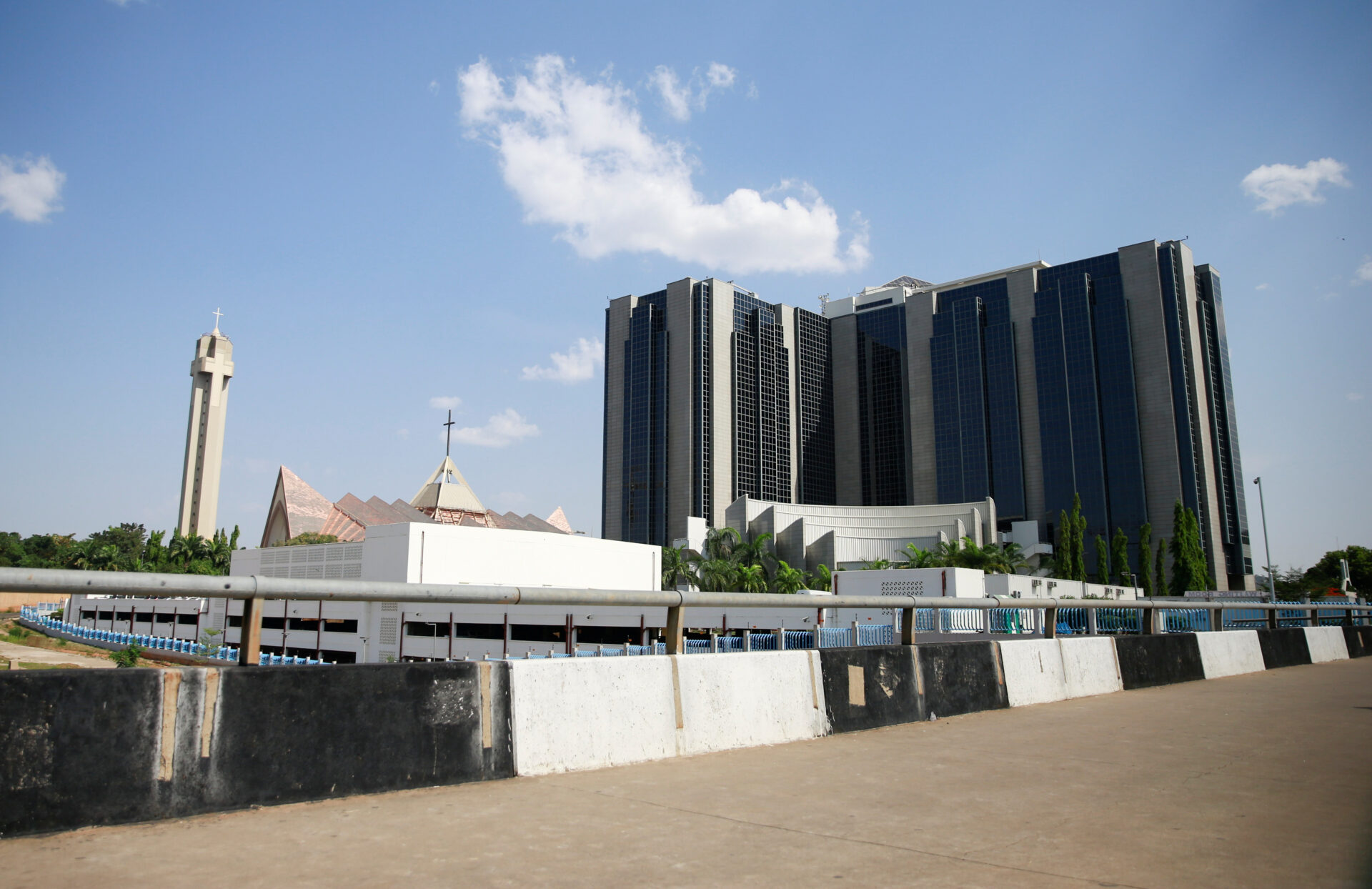ABUJA (Reuters) – Nigeria’s Senate amended a law on Saturday to allow the federal government to borrow more money from the central bank, just days before incoming President Bola Tinubu takes office.
The changes, adopted during an emergency session, will allow the government to increase its overdraft at the Central Bank of Nigeria to 15% of the previous year’s revenue, from 5%. The lower House of Assembly approved the changes on Thursday.
READ MORE: After inauguration fanfare, immense economic challenges await Nigeria’s Tinubu
Tinubu is inheriting anaemic economic growth, record debt and shrinking oil output. Double-digit inflation, which has eroded savings and wages, is one of the biggest issues that will confront him when he is sworn into office on Monday.
Spending by Africa’s biggest economy has far outpaced revenues, leading to widening deficits.
To plug the gap, the government has relied on the central bank overdraft facility, known as ways and means, and breaching the 5% limit several times.
READ MORE: World Bank: Global migration to grow, needs better management
The amendment bill could be signed as soon as Sunday by President Muhammadu Buhari, who steps down on Monday after serving the maximum two terms.
Earlier this month, the Senate and House of Assembly approved Buhari’s plan to convert 23.7 trillion nairas ($52 billion) in central bank overdraft to long-term debt.


